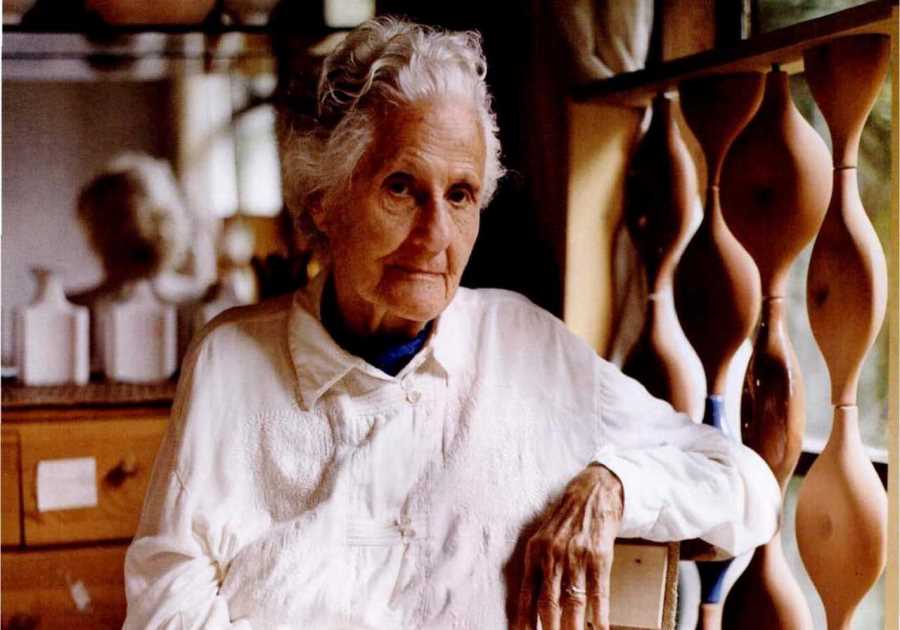AlonzoDesign/Getty
- Racial and gender-based bias has often been dismissed as 'unconscious.'
- Unconscious bias has been blamed for contributing to the Black maternal mortality crisis.
- When we only talk about 'unconscious' bias, we don't take the actions required to make large systemic changes.
For decades, racial and gender-based bias has been dismissed as 'unconscious,' as something accidental and out of our control. Alternatively, conscious bias is framed as hateful and performed willfully. But whether bias is conscious or unconscious, the outcome remains the same. And a lot of the time, Black lives are left as collateral damage.
In December, The New York Times reported that Black American women have worse pregnancy outcomes, lose more infants in the first year of life, and have higher rates of preterm birth and stillbirth than their white female counterparts — all because of unconscious bias.
When we hop on the phone to discuss the ways unconscious bias impacts Black birthing people, Dr. Katherine Brown, an obstetrician-gynecologist and assistant professor at The University of California San Francisco, is hesitant to use the phrase.
"It leaves people room to not really take responsibility or have a real reckoning with how they play into anti-Black racism and white supremacy," Brown told Business Insider.
As the assistant director for health and wellness at the Black Women's Health and Livelihood Initiative and medical director of the Black Wellness Clinic at UCSF, Brown's research focuses on the reproductive health experiences of Black women. In her nearly 10 years of education and practice, Brown said she has noticed the conversation surrounding Black maternal mortality has mostly put the blame and the onus on Black women.
"It's talked about in a way that there's something wrong with Black women and their bodies. But there's nothing wrong with Black women — there is, however, something deeply wrong with the system," she says.
A Black maternal mortality crisis
Black women die of pregnancy-related complications at two to three times the rate of white women — a rate that has remained relatively the same since national tracking of maternal mortality first began in the 1930s. Despite advancements in prenatal care and childbirth technology, Black and Indigenous women are the only demographics of birthing people that have not seen consistent improvement in maternal mortality.
It is only recently that unconscious bias in the medical field has become a part of the dialogue. Historically, fingers have been pointed at Black women who have been told they are to blame for the maternal mortality crisis because of poor diets and inherent weight and blood pressure issues — stereotypes that don't take into account the societal barriers Black women face.
A long history of medical racism
To understand the health disparities Black expecting mothers face today, we have to look at racist medical practices dating back centuries.
In the 1840s, several enslaved Black women underwent life-threatening 'experiments' without anesthesia under the guise of improving gynecology practices for white patients.
"The healthcare institution in America is built on racist paradigms," Dr. Amy Yeboah Quarkume, an associate professor of Africana Studies at Howard University, told BI. "Systematically, people have been trained on racist policies and racist curriculum to the point that you don't even see Black women in medical textbooks. So the result is that you don't think to care about Black women the way you'll care about other people."
In 2017, a nursing textbook was removed from publication after being criticized for racist content. A section titled "some common cultural differences related to pain" noted that Black patients "often report higher pain intensity than other cultures," while also noting that Muslims "may not request pain medication but instead thank Allah for pain," and that Native American patients may want medication that has been "blessed by a tribal shaman." Statements like these can lead to dangerous beliefs and behavior.
A process of unlearning
Even as a Black woman, Brown said she herself is actively unlearning some of what she was taught to be true in medical school.
One specific example is the use of race-based calculations. Essentially, a medical provider uses an algorithm that accounts for factors like age, weight, and race, and/or ethnicity to predict how a patient will respond to medical procedures. The Vaginal Birth after Cesarean (VBAC) calculator, specifically, predicts the labor risk for someone who has previously undergone a cesarean section to see if they could have a safe vaginal birth.
The VBAC calculator predicts a lower likelihood of success for Black and Hispanic women. Because Black women have higher rates of cesarean sections than white women, the use of a tool that urges Black women to have more unnecessary cesarean sections — which could cause dangerous complications — may worsen the already-existing disparity.
"I started to really interrogate why those predictions and differences, even if coming from data, existed in the first place," Brown said. "The differences existed in the first place because of racism, not because there's something wrong with Black and brown bodies and their ability to give birth, but because of society, because of providers, because of the way people are counseled."
When she first learned about race-based calculations, Brown thought it benefited Black patients to take account of their racial differences in care. But she soon realized that including race means more care, attention, and resources are directed toward white patients than to members of other racial groups.
"It takes a lot of work to break down what has been institutionally and systematically built," Yeboah Quarkume said.
"We should be looking at what medical schools are teaching. We should be examining how insurance companies determine the cost of care and access in certain communities."
Comfortable and careful
Using the term 'unconscious bias' is a comfortable and careful way to address the many underlying issues that Black people face in the medical field, Brown said. She said people aren't ready to interrogate the ways their actions perpetuate harm.
Uncomfortable conversations around conscious bias, historically racist education, and anti-Black practices require people, institutions, and systems, to accept blame. Unconscious bias is easier to acknowledge because we largely accept that it affects everyone.
Jennie Joseph, the founder and president of Commonsense Childbirth Inc., a non-profit providing perinatal healthcare and support, agrees. "There's no impetus to check ourselves, or each other, or our systems when bias is deemed unconscious," she said.
While initiatives like required bias training and employment of DEI professionals have become popular trends in medical facilities, there hasn't been significant improvement in maternal mortality, and morbidity for Black women.
Joseph believes we're at a place where we collectively acknowledge unconscious bias exists but only go so far to counter it through testing, training, or asking patients to navigate the impacts of that bias alone.
"We've got to go back to the bottom line. What's behind it all in the first place? Racism class, gender discrimination, capitalism. These are issues that aren't going to be dismantled by recognizing your unconscious bias."
The solution, ultimately, requires structural reform of our institutions and systems. As Joseph believes: "At the end of the day, we are in a position of being somewhat hobbled by the very solutions that we've come up with for the problem."
Read More
By: [email protected] (Brianna Holt)
Title: The problem with only talking about 'unconscious' bias
Sourced From: www.businessinsider.com/problem-unconscious-bias-analysis-black-women-maternal-mortality-2023-12
Published Date: Sat, 30 Dec 2023 13:26:01 +0000
.png)





